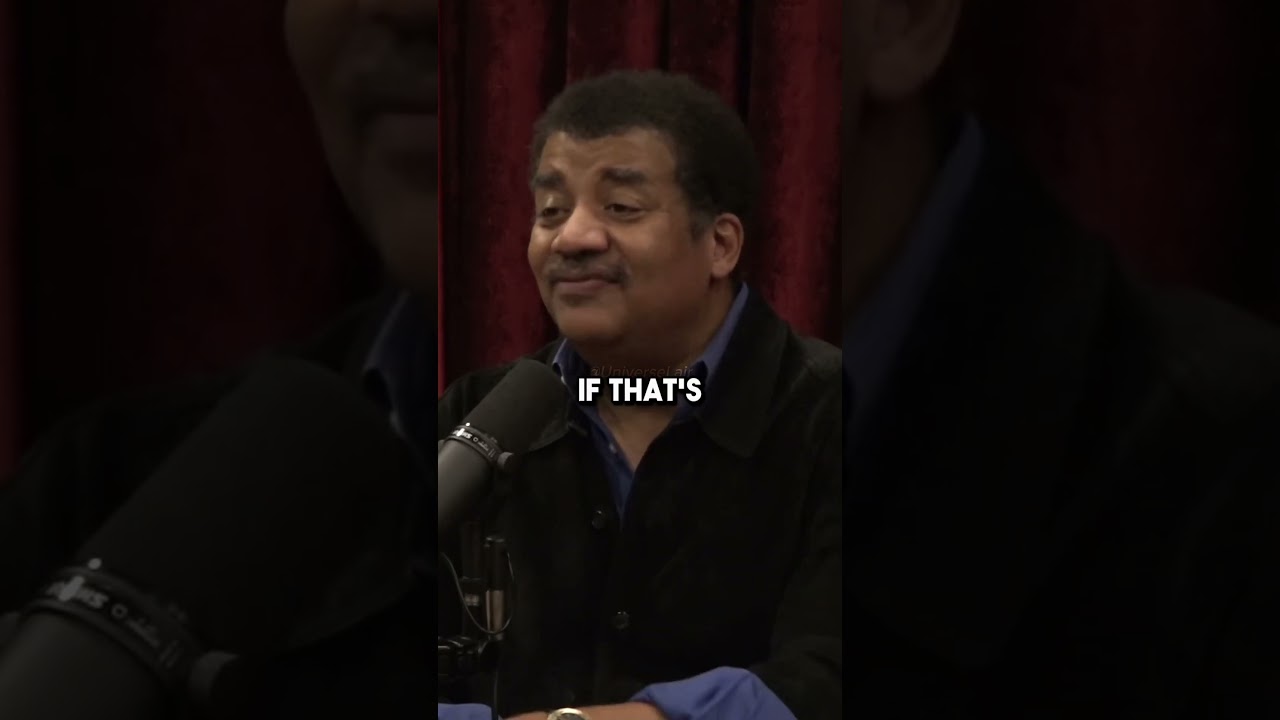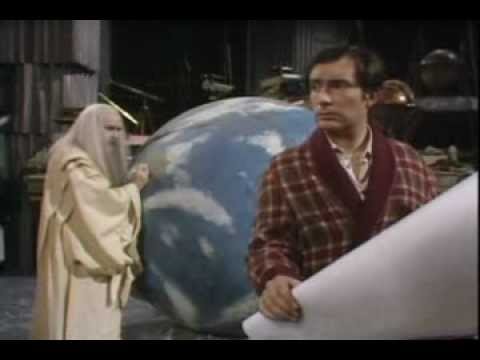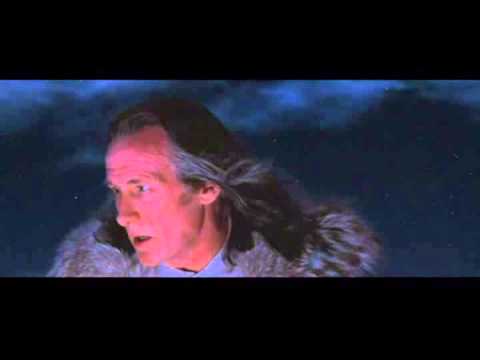|
Getting your Trinity Audio player ready...
|
Years have gone by for me as they do for all. Now I have more years behind me than I do in front of me. I recall that my grandfather would talk this way when I was in my youth. Now I find myself in times of contemplation, thinking the same way that he talked.
We replay events of the past in the way we saw them with the embellishments of rehearsal for the times we have replayed them over the years. With each rehearsal, we add some embellishments and we take something away. We can make the events that we replay in our mind worse or better, depending on what we want. If we want to be the victim in our retold story, then with each rehearsal, we edit our memory so that it reflects the way we want to be the victim. Likewise, if we want to see ourselves as the hero, we will do the same editing and conveniently edit out the times we were not or edit the retelling to make the event paper that we were heroic, adjusting for the age that we were at. For every stereotype we embrace, we will edit our memories to reflect that archetype. I have always looked at behaviour and stories that we tell to others in the light of what the payoff is for the person. I always look at myself with the same measuring stick. What do I need to get the dopamine firing? What does it take to get those endorphins kicking in? I will disclose at the end of the post what I think does it for me… and I am but one sample of thousands if not millions of others that crave the same triggers for all those feel-good chemicals that the brain supplies us.
How does a memory play work? There is a great medieval movie that I enjoyed that plays out three memory plays of an event from three different people’s points of view. The Last Duel showed this. However, I have yet to see a movie where the same thing can happen within one person, showing the re-editing of memory over time to reflect how the teller wants to see themself in their own story of the past.
Matt Damond is the person who sees himself as an honour-bound hero who must protect his honour in an unjust world. However, this Hero sees himself as a person who is a victim that must fight against this self-view with all his might to maintain the honour-bound hero.
Adam Driver plays the character of a saviour and toy boy of nobility. Life is a game and enjoy the fruits of his position. However, his character of nobility is questioned and his word as a gentleman is being tarnished by a person that he thought to be a friend. He sees no wrong in his actions and as his memory play is edited to see the driving event in the movie as a repetition of many games that he has played in the past with others. Now his self-image of being the saviour needs to be defended as he cannot see himself as a perpetrator.
Jodie Comer plays the character of the pushing force behind this dramatic tragedy has always seen herself as a strong independent person of nobility, with the view that justice can not be bent by others. her word must have power. She finds herself in the position of being wronged without a voice. Her fight is that of proving that her memory of events is the most correct. It is only with her husband fighting for his honour stands by her in the belief that Adam’s character has always been out to deprive him.
So if our memory is fallible and can change over time and is affected by our past and by our own self-view. How can we live satisfactorily with ourselves, living in contradiction with the way others see us? The Buffer I think is the memories that we play for ourselves and the biases that we create the archetype that we have trained ourselves to release the feelgood chemicals in our brain. I would rather be happy than right.
The incongruency between events and our reaction to the event impacted by our self-view creates a memory with a built-in emotional buffer by editing this memory to fit our self-view better. This is why when our memory or belief in our view / self-view is challenged, we get offended and react with hostility. This may be a good time to bring in the quote – he who knows that they know nothing is the first step of wisdom. I may start with a short commentary of my view on the conflict within the political environment or how science is used to debunk itself and the creation of false reports that have never been in a scientific journal. But I will abstain from this.
When we are convinced that we must change our behaviour by being shown that our self-view is in contradiction to our behaviour, we will change our behaviour and then substitute it with strong emotional content to keep our behaviour in check. This enhanced emotionally charged self-view will enhance your observation that others also live in contradiction with their self-view and that they will condemn others, violently if necessary. With the confrontation that you create with others, a memory is created with the bias of the emotional self-buffering to give yourself the image of being a heroic crusader against the incongruity that exists within people, and society, and expanding out to the entire world, blinding yourself to the comments that the world, society and other people just see you as an inconvenient nuisance that is disrupting their day, becoming dictatorial and quite fascist with one’s rhetoric and behaviour.
Our self-view / belief will mould our behaviour to fit this belief and then justify the behaviour with the presumed view that our belief is the truth and will seek out evidence in the comments of others that this self-view is the truth. I have recently come across a concept of manufactured emotions. These manufactured emotions are the result of time and our thoughts about an event that alters a belief so that we can justify the belief through the emotion. Hence, if we get attacked and we later did not like the way we acted in the event, we will alter our belief to that of blaming someone who hindered our actions or blaming ourselves that we are weak or a bad person. Alternatively, we can justify our emotions by blaming society for being a cruel and unsafe place or some subset of society. We look at all the shoulds, coulds, and woulds and alter the view of the past to justify why we didn’t, couldn’t and wouldn’t. In short, we will keep the PTSD alife by avoiding the facts of what really happened and that what we did was with the best that we could do at the time. But, No, we need to twist reality in our mind to justify why we did not act with the knowledge that we did not have at the time, but possess now, years after the fact.
I may build on this meditation later when I feel the need to.



